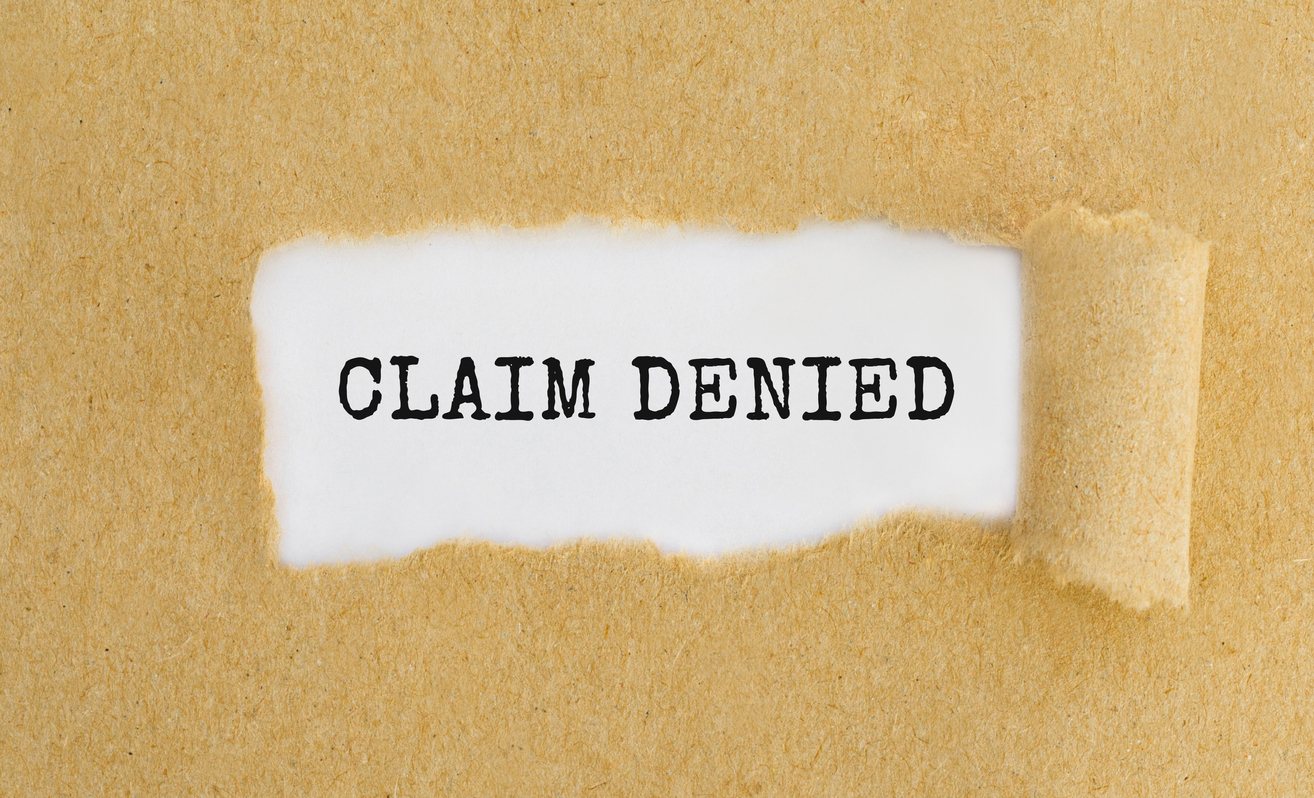Like the 50 states, the U.S. Virgin Islands allows policyholders to recover through multiple avenues, in the event of an insurance company’s refusal to pay a valid claim. Similarly, the USVI also allows a policyholder to bring a bad faith claim in addition to a breach of contract claim.
Virgin Islands law prohibits any person engaged in the business of insurance from engaging in unfair methods of competition or in unfair or deceptive acts or practices in the conduct of such business, which includes the adjusting of a claim for benefits.1 Under USVI law, the carriers also must not misrepresent the facts or policy provisions and must promptly pay claims, which usually means payment within thirty days after a proof of claim has been filed.2
In addition to the express contractual obligations set forth in the insurance policy and Virgin Islands statutory law, USVI caselaw also imposes a common law duty upon the insurer to act in good faith towards the insured.3
While the USVI does not have the abundance of bad faith caselaw history that the states have been afforded over the years, there are several cases within the USVI that have been hailed as precedent.
These cases, in particular, are Justin v. Guardian Insurance Company and Charleswell v. Chase Manhattan Bank.
According to Justin and Charleswell, to properly allege the tort of bad faith in the Virgin Islands, a plaintiff will be required to show:
- The existence of an insurance contract between the parties and a breach by the insurer;
- intentional refusal to pay the claim;
- the non-existence of any reasonably legitimate or arguable reason for the refusal (debatable reason) either in law or fact;
- the insurer’s knowledge of the absence of such a debatable reason; or
- when the plaintiff argues that the intentional failure results from the failure of the insurer to determine the existence of an arguable basis, the plaintiff must prove the insurer’s intentional failure to determine the existence of such a debatable reason.4
Additionally, policyholder plaintiffs must be sure to consider the concept of the “gist of the action” doctrine, which has found its way to USVI caselaw.
The gist of the action doctrine is applied when the claims are:
- Arising solely from a contract between the parties;
- where the duties allegedly breached were created and grounded in the contract itself;
- where liability stems from a contract; or
- where the tort claim essentially duplicates a breach of contact claim or the success of which is wholly dependent on the terms of a contract.5
So, it is up to the plaintiff to not only make a claim for bad faith using the elements established by both Justin and Charleswell, but the plaintiff might also have to—with specific evidence and factual assertions—differentiate their bad faith tort claims from their breach of contract claims in case this doctrine is argued on behalf of the defense.
The Bruno court analyzed the gist of the action doctrine in the realm of insurance disputes and found that a bad faith claim will not be barred by the doctrine if “the claim was based on an alleged breach of a social duty imposed by the law of torts, and not a breach of a duty created by the underlying contract of insurance.”6
Most importantly, the distinction can be asserted this way: Tort actions lie for breaches of duties imposed by law as a matter of social policy, while contract actions lie only for breaches of duties imposed by mutual consensus agreements between particular individuals.7
To properly allege bad faith in the Virgin Islands, one must plead and establish the Justin / Charleswell elements, while also being mindful of the gist of the action doctrine. To avoid a gist of the action argument, the plaintiff must show how the bad faith arose from a common law duty of good faith, imposed as a matter of social policy, rather than a duty that arose only from the contractual agreement.
________________________
1 See 22 V.I.C. § 1201(a).
2 See 22 V.I.C. § 1204); 22 V.I.C. § 228(a).
3 See Charleswell v. Chase Manhattan Bank, N.A., 308 F.Supp.2d 545, 572, 45 V.I. 495, 527 (D. VI. 2004); In re Tutu Water Wells Contamination Litigation, 78 F.Supp.2d 436, 442, 42 V.I. 299, 308-309 (D. VI. 1999); Justin v. Guardian Ins. Co., 670 F.Supp. 614, 616, 23 V.I. 278, 281-282 (D. VI. 1987).
4 See Charleswell, 308 F.Supp.2d at 573-574, 45 V.I. at 529; Justin, 670 F.Supp. at 617, 23 V.I. at 282.
5 See Pollara v. Chateau St. Croix, LLC, SX-06-CV-423, 2016 WL 2865874, at *6 (V.I. Super. May 3, 2016).
6 See Bruno v, Erie Ins. Co., 630 Pa. 79, 106 A.3d 48 (2014).
7 See Pollara, at *8.



